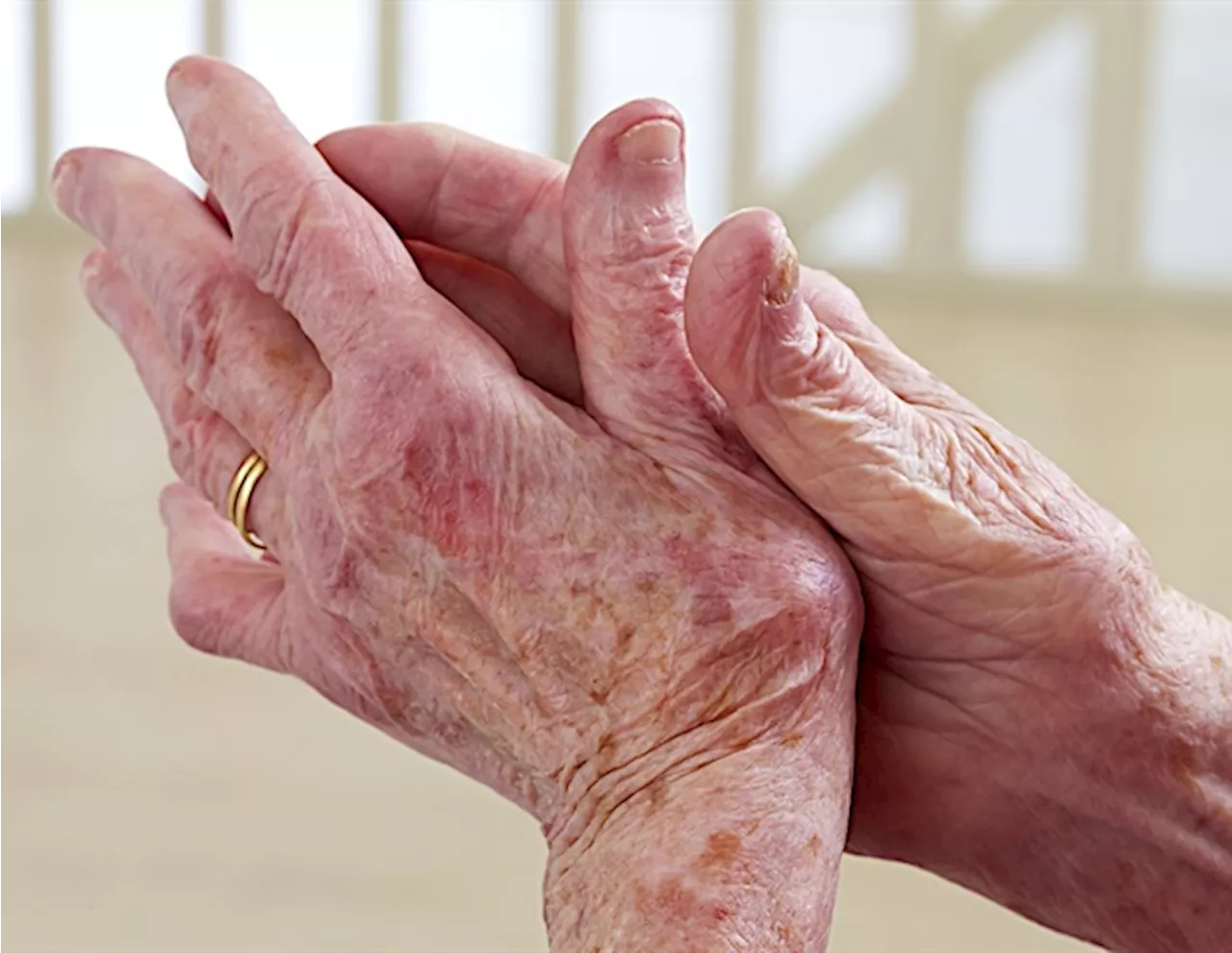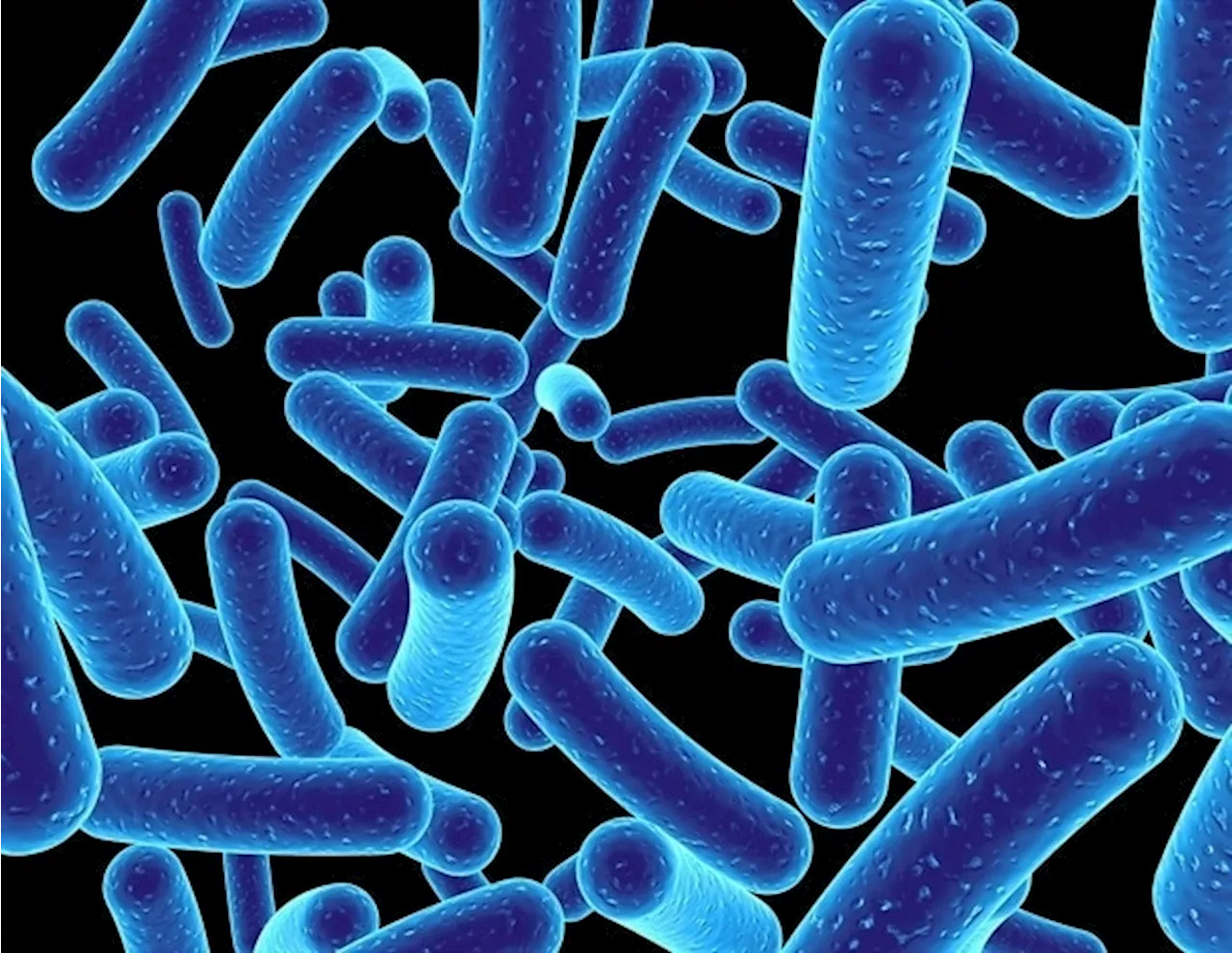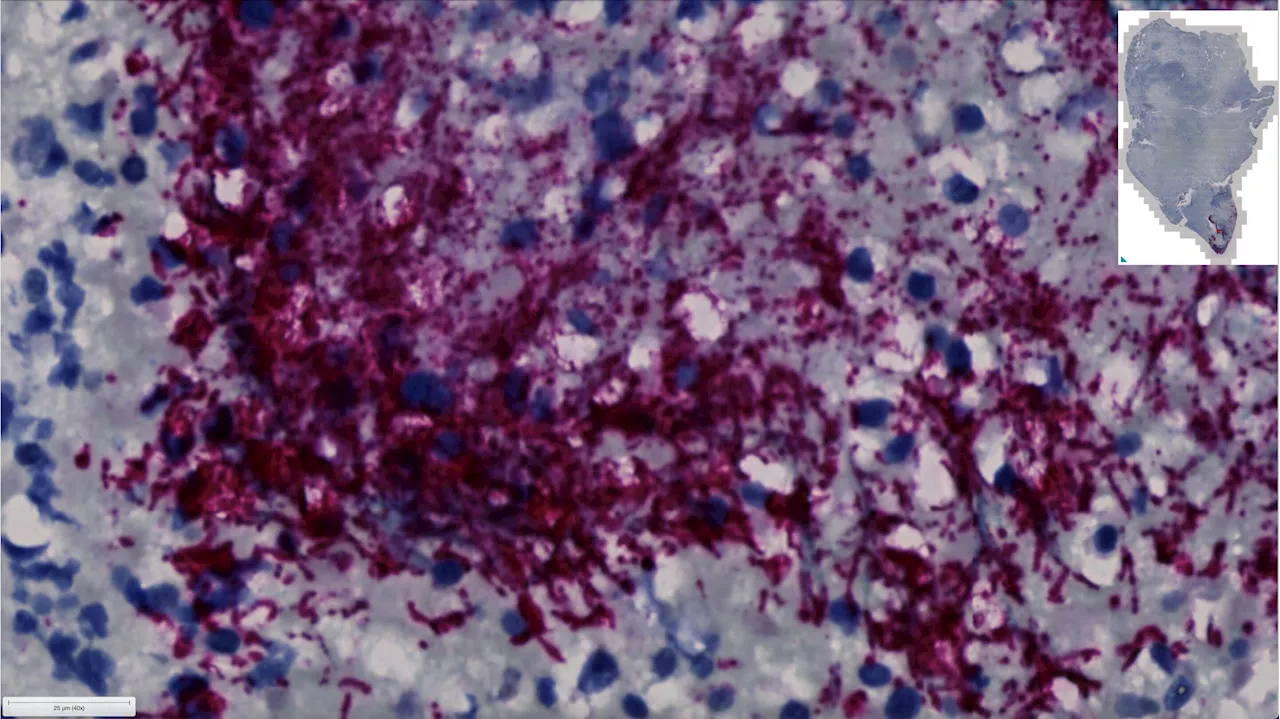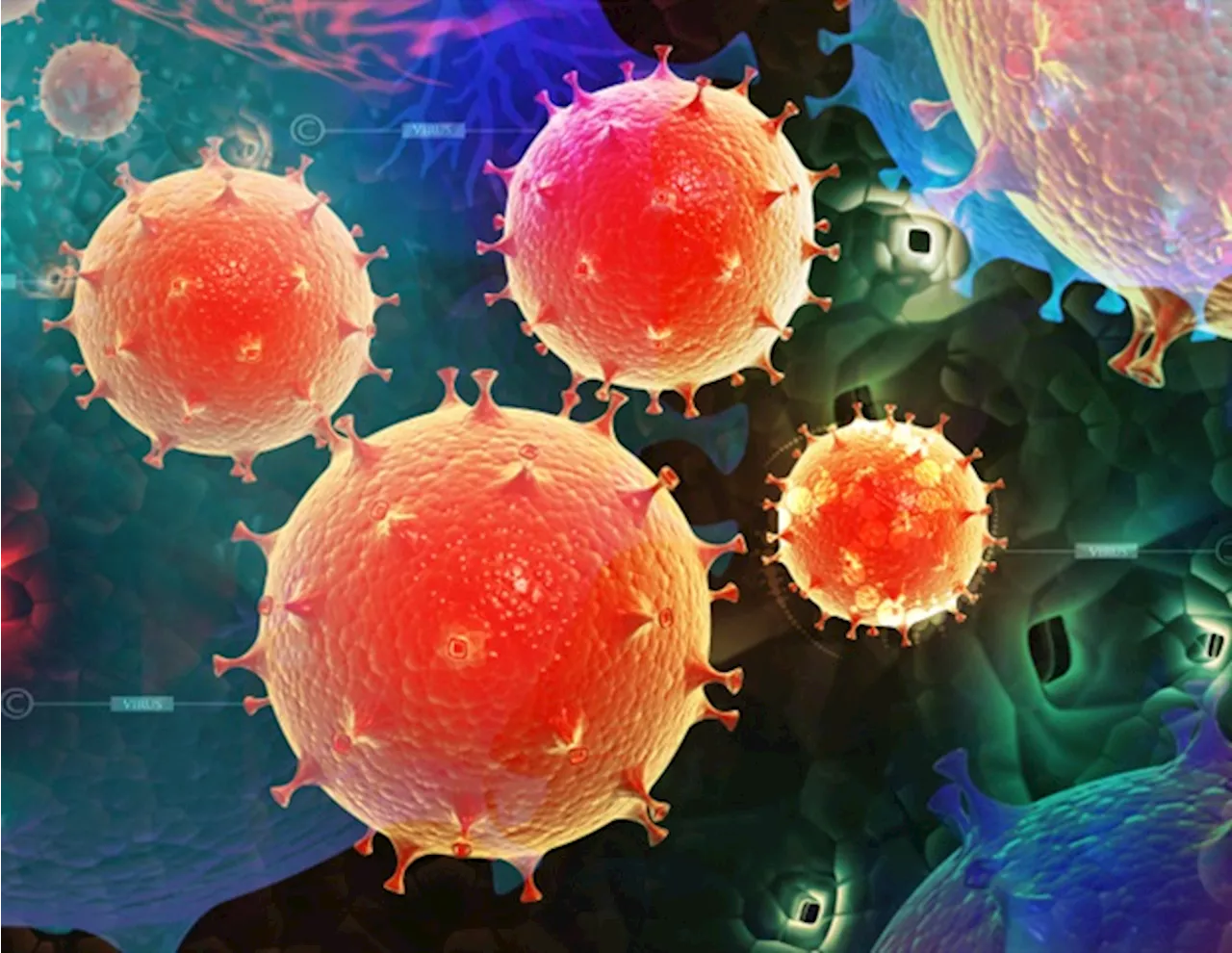Many important medicines, such as antibiotics and anticancer drugs, are derived from natural products from Bacteria.
Mar 22 2024Max-Planck-Gesellschaft The enzyme complexes that produce these active ingredients have a modular design that makes them ideal tools for synthetic biology. By exploring protein evolution, a team led by Helge Bode from the Max Planck Institute for Terrestrial Microbiology in Marburg, Germany, has found new "fusion sites" that enable faster and more targeted drug development.
Industry often follows the assembly line principle: components are systematically assembled into complex products, with different production lines yielding different products. However, not humans are the actual inventors of this principle, but bacteria. Non-ribosomal peptide synthetases are bacterial enzymes that, like production lines, produce an immense variety of natural products. They enable bacteria to survive in a wide variety of natural habitats.
Multitude of enzyme variants generates diversity of natural substances The research group of Helge Bode at the Max Planck Institute for Terrestrial Microbiology in Marburg is investigating the use of these enzyme systems for the targeted production of drugs in the laboratory. The researchers modify parts of the enzymes and thus the functional properties of the entire enzyme complexes in order to produce products with new properties.
Recombination following the natural model To find out which subunits of the enzyme work particularly well together, the team focused on the question: What are the positions that evolution itself applies to establish or change the new "assembly lines" to create the required active compounds? Together with the group of Georg Hochberg from the Max Planck Institute for Terrestrial Microbiology and Michael Groll Evolution-inspired engineering of nonribosomal peptide synthetases. Science.
日本 最新ニュース, 日本 見出し
Similar News:他のニュース ソースから収集した、これに似たニュース記事を読むこともできます。
 Bacteria in Digestive System Linked to Arthritis, Study FindsA University of Colorado Department of Medicine faculty member and her colleagues have discovered how bacteria in the digestive system can convert tryptophan in the diet into an inflammatory chemical that contributes to arthritis. The research, published in the Journal of Clinical Investigation, highlights the importance of diet in managing arthritis.
Bacteria in Digestive System Linked to Arthritis, Study FindsA University of Colorado Department of Medicine faculty member and her colleagues have discovered how bacteria in the digestive system can convert tryptophan in the diet into an inflammatory chemical that contributes to arthritis. The research, published in the Journal of Clinical Investigation, highlights the importance of diet in managing arthritis.
続きを読む »
 Gut bacteria-derived serotonin promotes the development of immune cells in newbornsWeill Cornell Medicine investigators discovered that unique bacteria colonize the gut shortly after birth and make the neurotransmitter serotonin to educate gut immune cells.
Gut bacteria-derived serotonin promotes the development of immune cells in newbornsWeill Cornell Medicine investigators discovered that unique bacteria colonize the gut shortly after birth and make the neurotransmitter serotonin to educate gut immune cells.
続きを読む »
 Tryptophan in diet and gut bacteria protect against E. coli infection, study showsGut bacteria and a diet rich in the amino acid tryptophan can play a protective role against pathogenic E. coli, which can cause severe stomach upset, cramps, fever, intestinal bleeding and renal failure, according to a study published March 13 in Nature.
Tryptophan in diet and gut bacteria protect against E. coli infection, study showsGut bacteria and a diet rich in the amino acid tryptophan can play a protective role against pathogenic E. coli, which can cause severe stomach upset, cramps, fever, intestinal bleeding and renal failure, according to a study published March 13 in Nature.
続きを読む »
 Bacteria commonly found in the body contribute to stomach cancer, finds studyA new study has discovered that a type of bacteria commonly found in the body, which usually does not pose problems for healthy people, plays a significant role in causing stomach cancer, the fifth most common cancer in the world. The findings are published in the journal Cell.
Bacteria commonly found in the body contribute to stomach cancer, finds studyA new study has discovered that a type of bacteria commonly found in the body, which usually does not pose problems for healthy people, plays a significant role in causing stomach cancer, the fifth most common cancer in the world. The findings are published in the journal Cell.
続きを読む »
 Social and economic hardships in childhood may alter gut bacteria in Hispanic adultsExperiencing financial hardship or other socioeconomic challenges growing up may change the bacteria that live in the gut, new research among Hispanic adults suggests. The findings could help researchers better understand how some social determinants of health are linked to disease later in life.
Social and economic hardships in childhood may alter gut bacteria in Hispanic adultsExperiencing financial hardship or other socioeconomic challenges growing up may change the bacteria that live in the gut, new research among Hispanic adults suggests. The findings could help researchers better understand how some social determinants of health are linked to disease later in life.
続きを読む »
 Bacteria subtype linked to growth in up to 50% of human colorectal cancers, researchers reportResearchers at Fred Hutchinson Cancer Center have found that a specific subtype of a microbe commonly found in the mouth is able to travel to the gut and grow within colorectal cancer tumors. This microbe is also a culprit for driving cancer progression and leads to poorer patient outcomes after cancer treatment.
Bacteria subtype linked to growth in up to 50% of human colorectal cancers, researchers reportResearchers at Fred Hutchinson Cancer Center have found that a specific subtype of a microbe commonly found in the mouth is able to travel to the gut and grow within colorectal cancer tumors. This microbe is also a culprit for driving cancer progression and leads to poorer patient outcomes after cancer treatment.
続きを読む »
